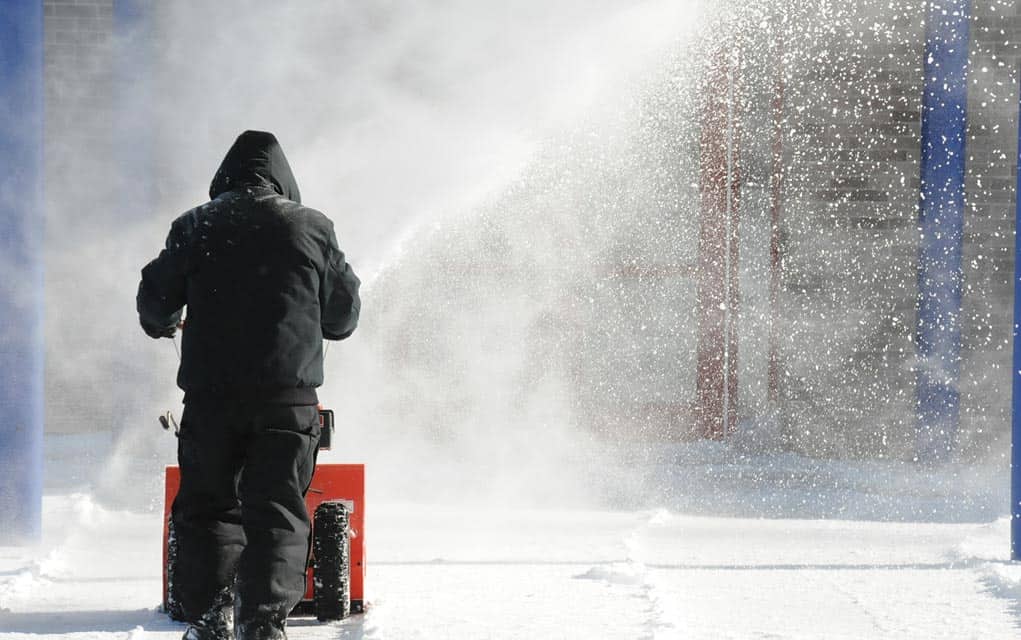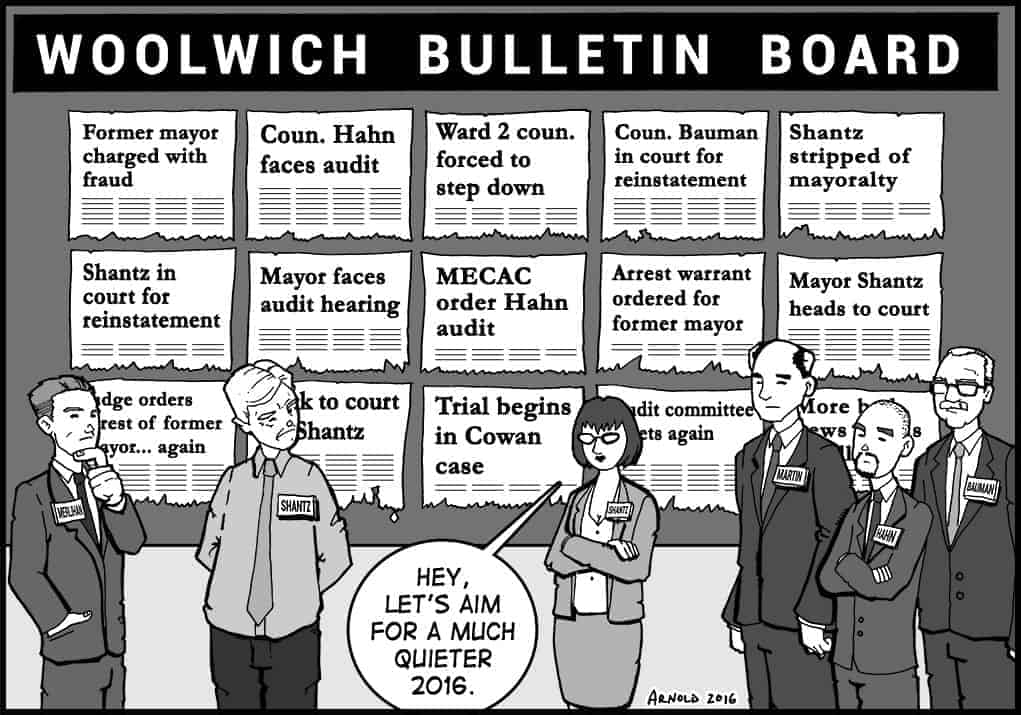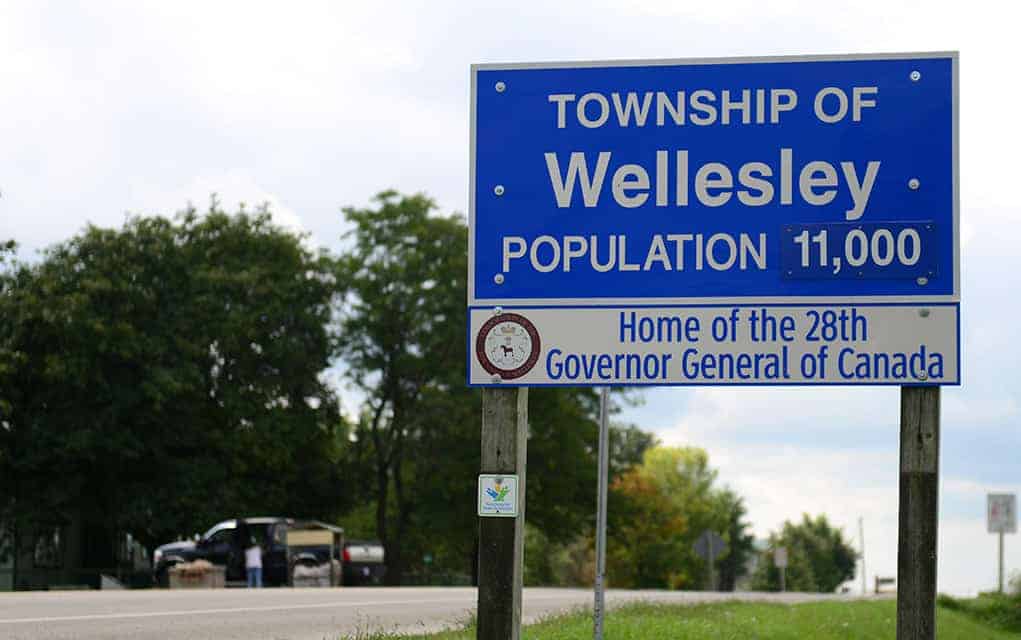A mild start to this winter hasn’t only been good for those of us opposed to the snow and cold associated with this time of year.
Woolwich’s snow-clearing budget has benefited from the lack of snow, a welcome change after the rough start to 2015, says Dan Kennaley, the township’s director of engineering and planning.
“The fall has been great and we needed that after the winter last winter. January through April, that was pretty tough. Not huge amounts of snow, but a lot of salting and sanding took place on top of some snow plowing last winter. It was cold for an extended period there. We were concerned about coming into the fall about our budget, but the fall has been fantastic and consequentially we’re actually in relatively good shape,” Kennaley said.
They don’t have final numbers yet because there was some snow at the end of the year. Crews were out snowplowing and then a couple days later there was some blowing snow to deal with.
Prior to that their 2015 budget was $694,440. Of that, they had spent $514,837.
“That last event will cost something. It will eat into the $180,000 surplus, but we will nonetheless finish the year with a very healthy surplus in winter control,” Kennaley said.
Right now any surplus goes into the general operating budget. They budget how much they’ll need for snow clearing on a five year rolling average, which helps to soften any peaks in bad winter weather that might occur.
“In the last couple years we have had a couple of tough winters where we’ve exceeded the budget, so now we’re getting some payback here, where we are under budget,” Kennaley said.
With the long-range forecast predicting a milder winter than last year and less snow, it looks like the snow clearing budget will get a nice break from last winter’s damage.
Now, they’re considering the possibility of recommending that council create a winter control reserve, so they can take the surplus and put it into the reserve to address the uncertainties of weather from year to year.
“We did have a couple of fairly severe winters in 2014-2015 and then the year before that. We exceeded our budget both years. But that begins to affect the rolling average. So it bumps up the budget for 2016 for instance. And now that we’ve had a surplus in 2015-2016, eventually that will bring the rolling average back down a little bit,” Kennaley said.
It wouldn’t be the first time Woolwich had a winter control reserve. He says before he worked for the township, sometime around 2004, there was one, but they it was done away with and rolled into the general operating contingency.
“It seems now with the fluctuations we’ve been experiencing the last few years, taking another look at the possibility of creating a winter control reserve seems timely to do that,” Kennaley said.
Wellesley has also benefited from fewer snow and ice storms than in previous years, says Kevin Beggs, general manager of community services for the township.
“As far as the winter budget comparing it to 2014 I would say we’re about 10 per cent less for winter maintenance. Less labour and less equipment but the materials basically are about average. When I say materials [I mean] salt and sand,” Beggs said.
Any surplus stays in the general operating budget and if they have to go over they take it out of that.
“A lot of times what we do is we try to watch the bottom line of the budget, not just the winter maintenance. So you may not do something in operating just to make up what you went over in winter maintenance, if you can, depending on what it is,” Beggs explained.
Having a slow start to winter in November and December definitely helped their budget “big time” he said, especially when comparing to 2013.
“If you go back to 2013 that was a winter where our operating costs increased big time in winter maintenance, and it was due to we had two major ice storms in 2013. And then 2014 might have been a slight higher than average and I would say 2015 is about average winter when you compare back into 2010, 2011, 2012,” Beggs said.
And as can be expected, how the budget will go for the rest of the winter rests on Mother Nature.
“It depends how much it snows, and temperature is a big thing. If it stays like this I don’t see any issues,” Beggs said.









